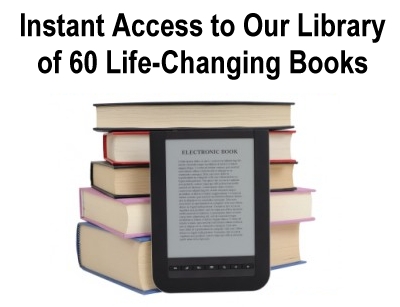Following one of my personal development workshops, I was contacted by a person who asked me if I would be prepared to counsel a relative of his. It seems the person concerned had gone a little ‘off the tracks’ and did not seem to have any enthusiasm for life. At the time, it was not something I felt that I could really help with.
The process of counselling is one that needs to be entered into, by both parties, with clear expectations and the role of counsellor is one that should not be undertaken lightly. Of course, there are professional bodies for various types of counselling including, but not limited to:
- Marriage Guidance
- Various medical conditions (such as cancer)
- Bereavement
- Anger Management
- Mental Health
For any of the above issues, I believe it is best to seek the advice of a professional, meaning, someone properly qualified to help. The wrong advice could prove to be, at best unhelpful and at worst, downright dangerous. The person at my workshop came to me probably because he felt that his relative just needed a bit of Life Coaching or Mentoring. Maybe he did, but I was very concerned about the individual’s apparent lack of enthusiasm for living and so that’s why I declined.
To some extent, I think we are all counsellors because a big part of counselling is, essentially, listening and, from time to time, we all get to listen to the problems of those around us. When we do this well, we may have helped the other person, even if we don’t think we have and even if we think we have no idea how to help.
Sometimes, as we all know, people just need to talk about their problems. You know the old saying, a problem shared is a problem halved. They feel better just for getting the matter off their chest. They may still have to go and face a very difficult situation, but after talking about it, they somehow feel better equipped to do so.
I don’t mean to make the process of counselling sound easy. Actually, a lot of people don’t know how to listen in the right way – empathically – and a lot of the value of counselling effectively is delivered in practicing that art. Fundamentally, to listen properly, when someone needs you to do so, involves trying to understand their situation and their difficulty; not trying to solve the problem.
On a separate occasion, I was approach by someone who asked me if I would like to volunteer to help with the Samaritan service. I declined for a couple of reasons: firstly, the same reason I declined to counsel the person I told you about, secondly, because I know myself well enough to know that my natural tendency would be to try to solve the problem. And that is definitely not what is required.
Empathic listening involves suspending any tendencies you may have to make judgements or to prescribe from your own experience. Personally, I think females are a little better at it than males, at least, that is my experience. Something I have also come to realise over the years is that when she has faced some kind of difficulty in the past, my wife will often just want to be listened to, she usually doesn’t want me to propose solutions.
So the next time a friend speaks to you about some personal difficulty, perhaps you can try the empathic listening approach. You don’t need to offer solutions, you do need to suspend any tendency you may have to make judgements. But essentially, you just have to listen and really try to understand. It is essentially practicing habit #5 from the 7 habits of Highly Effective People (seek first to understand).
My Top Recommendations
These are my recommendations for products and services I've personally used and found to be helpful. It is quite a short list as it only includes my top picks ... 25 Books You Should Read
25 Books You Should Read Kindle Money Mastery
Kindle Money Mastery Personal Development PLR
Personal Development PLR Our Collection of 60 Top Quality Books
Our Collection of 60 Top Quality Books Best Hosting Service
Best Hosting Service My Autoresponder Service
My Autoresponder Service
I really enjoy your posts. And on this one I agree. Well perhaps not about women being better listeners, but definitely about men wanting to give advice. Or perhaps,women responding “emotionally” and men “rationally.”